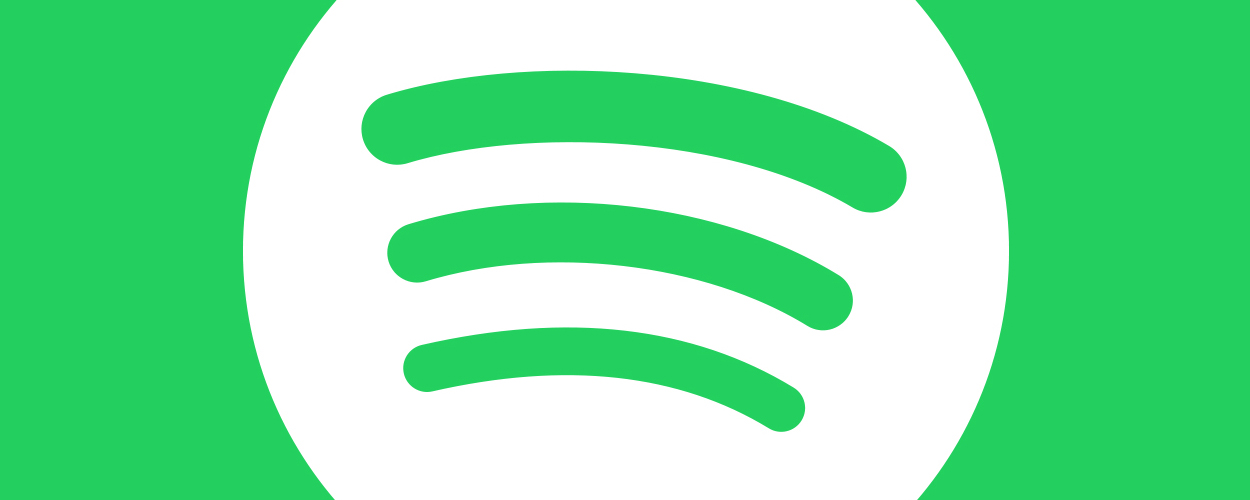This website uses cookies so that we can provide you with the best user experience possible. Cookie information is stored in your browser and performs functions such as recognising you when you return to our website and helping our team to understand which sections of the website you find most interesting and useful.
Business News Digital Top Stories
Spotify abandons plans to offer direct-upload tools for artists
By Chris Cooke | Published on Tuesday 2 July 2019

Spotify has decided that having direct commercial relationships with DIY artists isn’t such a good idea. And it’s probably right. As such, the direct-upload tool for artists that the streaming firm began piloting last year will be wound down without ever going properly live.
The market-leading streaming firm announced its decision last September to allow artists to directly upload music onto its platform. This played into the often told, if somewhat dubious, narrative that Spotify ultimately wants to become a record company in itself.
This, we are told, would weaken the power of the traditional labels and distributors, and allow the streaming firm to increase its profit margin. It would do so by taking some of the cut that would usually go to the label, while also paying the artist some of the label share too.
We knew that Spotify had directly licensed recordings from some bigger name artists who are now releasing their new material via management-led single-artist-labels. The direct-upload tool was seen as the streaming firm replicating that at the DIY end of the market.
Of course, while YouTube and SoundCloud have always allowed artists to directly upload their content, all the streaming services going this route would create a problem. Artists really need their music to be on all the streaming platforms in the world, and having to directly upload tracks onto each service separately would be a real inconvenience.
However, what if Spotify not only allowed you to directly upload music onto its platform, but also then pumped that music elsewhere, onto its rival services? The streaming firm’s investment in and alliance with Distrokid could help make that happen. Meanwhile, SoundCloud put that concept to the test by allying with FUGA and likewise allowing artists who upload content to their site to opt for that music to also be pushed to other services too.
Even with that problem possibly solved, some questioned whether Spotify pushing ahead with its direct-upload plan was such a good idea. Not least because, by this point, more attention was being given to the trend of people using DIY distribution platforms to upload – and profit from – other people’s music.
Spotify itself has been putting pressure on the distributors to do more to combat copyright infringement of this kind by making anti-piracy measures one of the criteria for getting onto the firm’s preferred and recommended distributor lists.
Did Spotify really want to get into the messy business of monitoring uploads for pirated material itself, given that if leaked pop star tracks made their way online via Spotify’s direct upload tool, that would make it a much bigger story. And if the pop star whose music was leaked went legal, could Spotify rely on the pesky safe harbour to avoid liability for the infringing upload? What about the soon-to-be-reformed safe harbour in Europe?
These are all technicalities and fun times that may have contributed to Spotify formally abandoning its direct-upload tool yesterday, it having only ever been available to a few hundred artists. Or maybe that particular tool is actually being shut down so that busy Spotify types can focus on evolving their playlist pitching platform and Spotify For Artists service, as the company claimed when announcing the direct-upload project was over yesterday.
The pilot had convinced Spotify, it said, that “the best way for us to serve artists and labels is to focus our resources on developing tools in areas where Spotify can uniquely benefit them – like Spotify For Artists and our playlist submission tool”.
As for getting content into Spotify, the pilot suggested that “the most impactful way we can improve the experience of delivering music to Spotify for as many artists and labels as possible is to lean into the great work our distribution partners are already doing to serve the artist community”.
“Over the past year”, it added, “we’ve vastly improved our work with distribution partners to ensure metadata quality, protect artists from infringement, provide their users with instant access to Spotify For Artists, and more”.
For the few hundred artists that had been involved in the direct-upload pilot, Spotify says it is helping those people transition their music to other distributors. Given most of those artists were presumably still using a distributor to get their music elsewhere, that shouldn’t be too tricky. And if not, I’m sure Spotify’s Distrokid buddies would be happy to help.
“Thank you to the artists who participated in our upload beta”, the streaming service concluded. “We’re incredibly proud to have played a small part in the music they released. Spotify wouldn’t be what it is today without artists and labels who are willing to collaborate with us to build a better experience for creators and listeners”.





